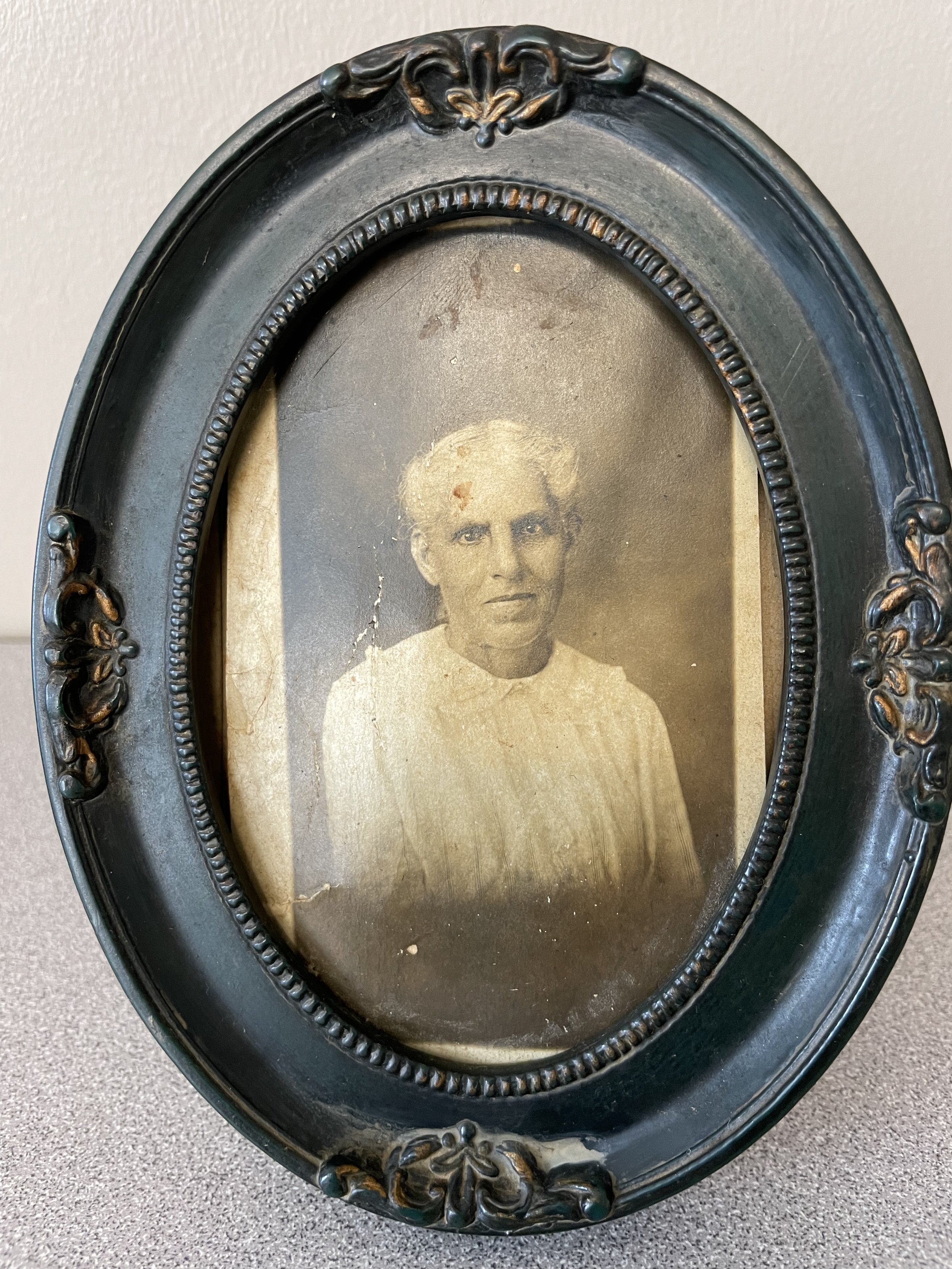A Good and Useful Citizen
A 1937 tribute to the Rev. Joseph Prentice in the Shelby County Reporter states, "He has proved himself a good and useful citizen" (April 15). This month we relay the untold story of this remarkable man's challenges to second-class status during the Jim Crow era.
Prentice was born enslaved, and denied all rights of citizenship by the Dred Scott decision (handed down in 1857, the year of his birth). He was prohibited from learning to read and write by Alabama law. But Aldrich, Alabama was good soil for a man called to serve his people. The village organized the first Black Baptist church in this area, and Epsibeth Church was blessed with capable leaders strongly committed to education. A man of Prentice's talent and race pride would be attracted to the church and its educational mission. It offered leadership opportunities for a man of color and was a powerful vehicle for racial uplift.
Prentice also involved himself in public affairs. In 1924 the Shelby County Reporter (April 10) published a list of qualified voters in District 4, and he was the only person of color listed. This means he would have passed the literacy test, had the means to pay the poll tax and owned more than the $300 in property required to register. Family tradition has it that he owned considerable farmland along County Road 204, better known as Dairy Road. Deeds and tax records tell us that in 1907 he purchased slightly more than 11 acres of agricultural land (the "Henry Goode Place") now part of Reafaire Farm. At around this time, he began buying up properties on Valley St near Ward Chapel AME Church (the first African American church in Montevallo). By 1924 he owned at least six lots on Valley St, in addition to his farmland.
List of registered voters
from Shelby County Reporter, April 10, 1924.
He would also have needed the support of an influential white man, someone to vouch for him. Engineer and mine operator William F. Aldrich, a transplanted New Yorker, now enters the story. In 1874 he joined his older brother Truman to form the Montevallo Coal and Transportation Company. In 1880 he would take over management of the Aldrich coal mines.
William Aldrich, a three-term Republican congressman, had progressive ideas on matters of race. The Colored American, a "National Negro Newspaper," published an admiring profile in 1899, praising him for securing "for many of our race, honorable political recognition." Henry A. Emfinger recalls that he turned the mining camp into a planned "model" community with trees, rolling green hills, and an attractive informal layout. In Aldrich "white and black employees lived in perfect harmony" (The Story of My Hometown, 1969).
By the 1890s the community was recognized as a hive of educational activity for people of color. Boothe's Cyclopedia of the Colored Baptists of Alabama (1895) notes that D. L Prentice of Aldrich (no known relation to Joseph) had done "very effective work in the school room, and the people of his town bear the marks of his pedagogic labors." His work was carried on by B. L ("Booker") Lester, principal of the Aldrich Grammar School. He also edited the local weekly paper, the Alabama Time-Piece. The paper, which vigorously campaigned for William Aldrich in 1898, was probably funded by Aldrich. He may also have supplied the printing press and a space in which to house the machinery and parts.
Mattie Josphine Kemp Prentice (1857-1934). Compliments of Justina Grant. [The photo of Mattie Prentice is a new find. Needs to receive prominence.]
We believe that Prentice recognized William Aldrich as a benefactor. Joseph and William lived in the same small community and were roughly the same age. Prentice was charismatic; a handsome, light-skinned man. He worked for a time in the mines, as did most of the residents for at least part of the year. His intelligence, energy, and work ethic would have impressed a man like Aldrich. The fact that Joseph and his wife Mattie named their first child Herbert Aldrich Prentice (b. 1879) seems an acknowledgment of William's support for the Prentice family and the community.
African Americans know all too well from family stories that exercise of full citizenship could come at a terrible cost. Churches were burnt, families chased off their farmland, and unprotected Black men lynched. It is within this context that Prentice emerged as a good and useful citizen as well as a leader of his race. He benefited from white support, but his focus was always on building a healthier, better-educated, more spiritual, and more prosperous Black community.



